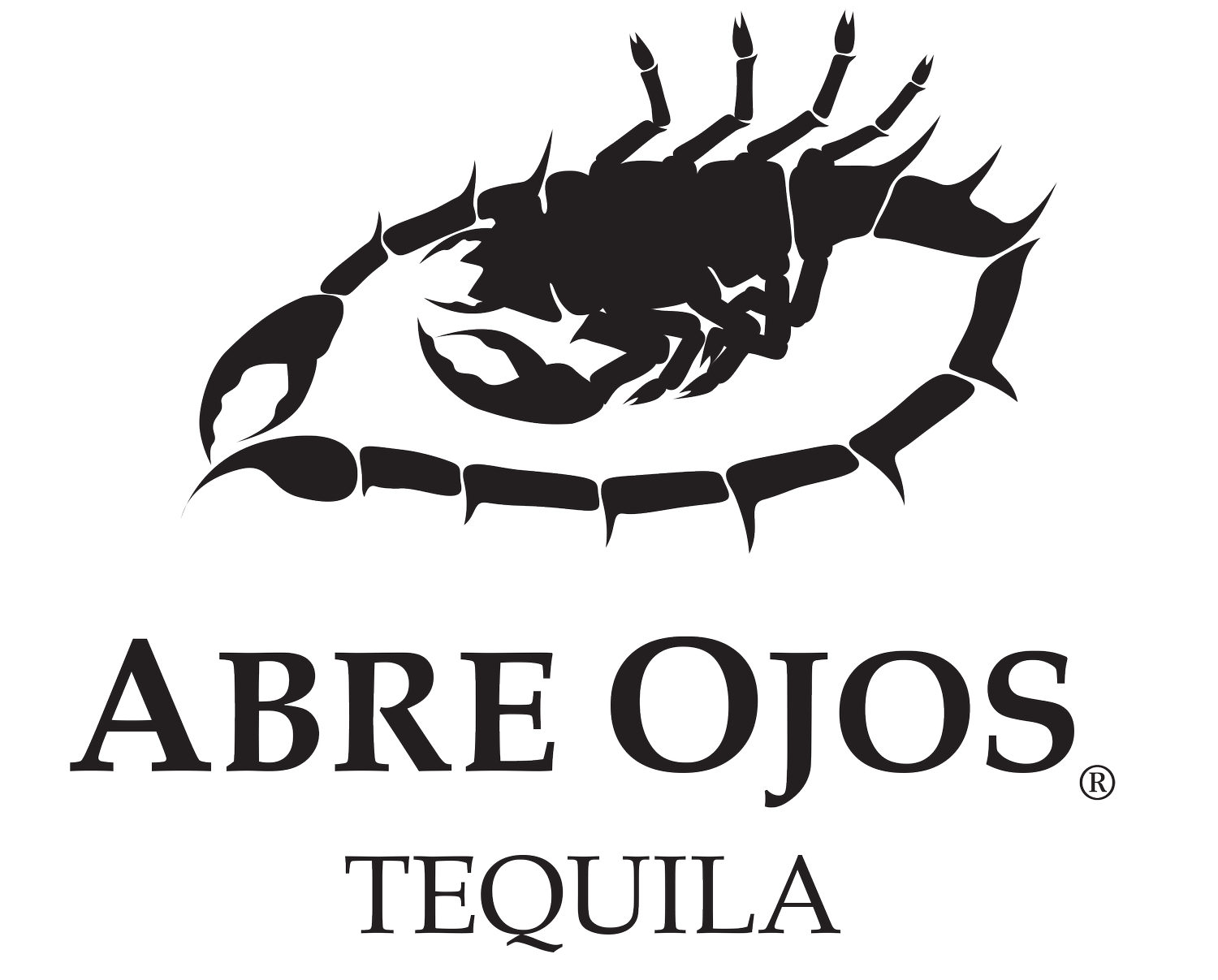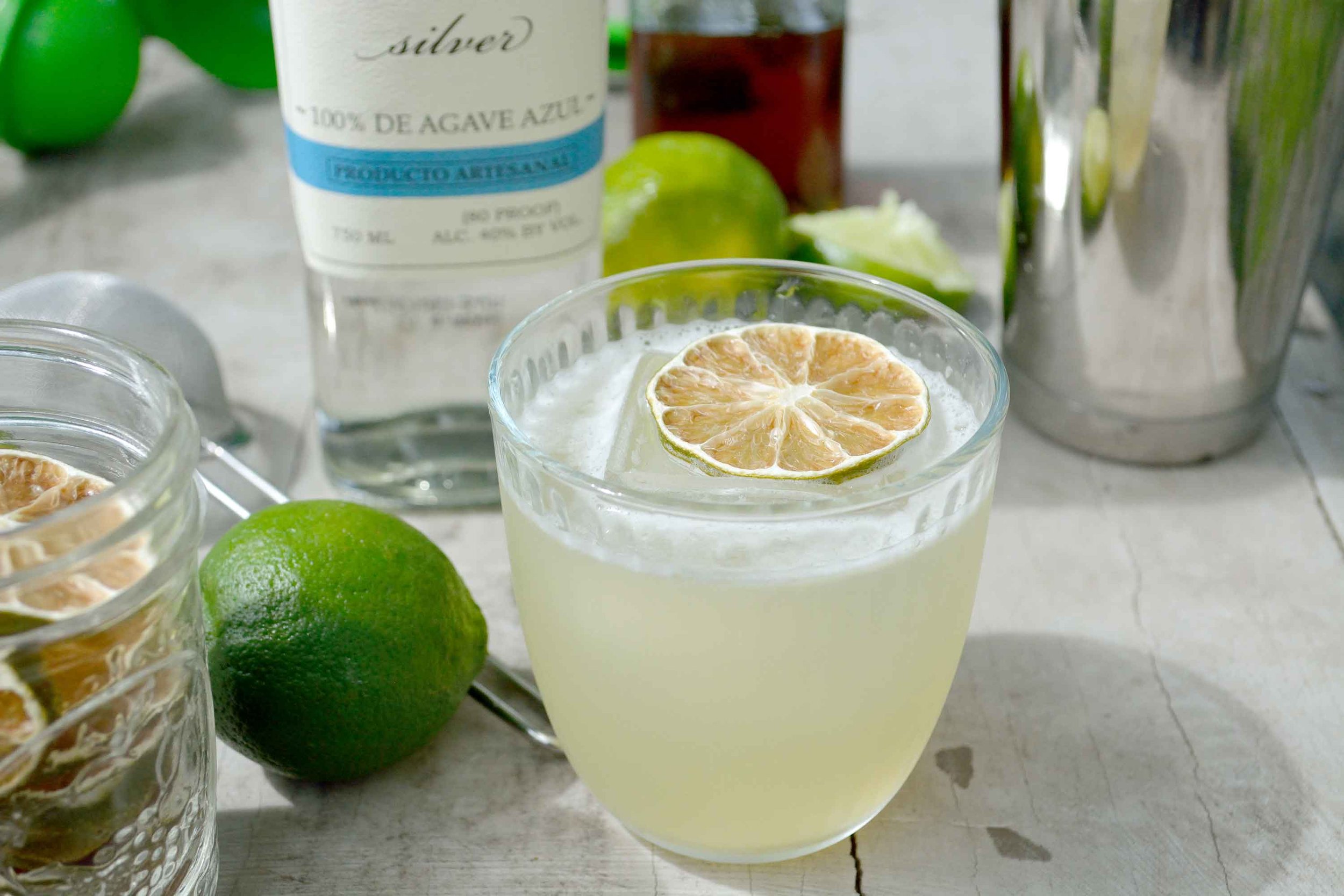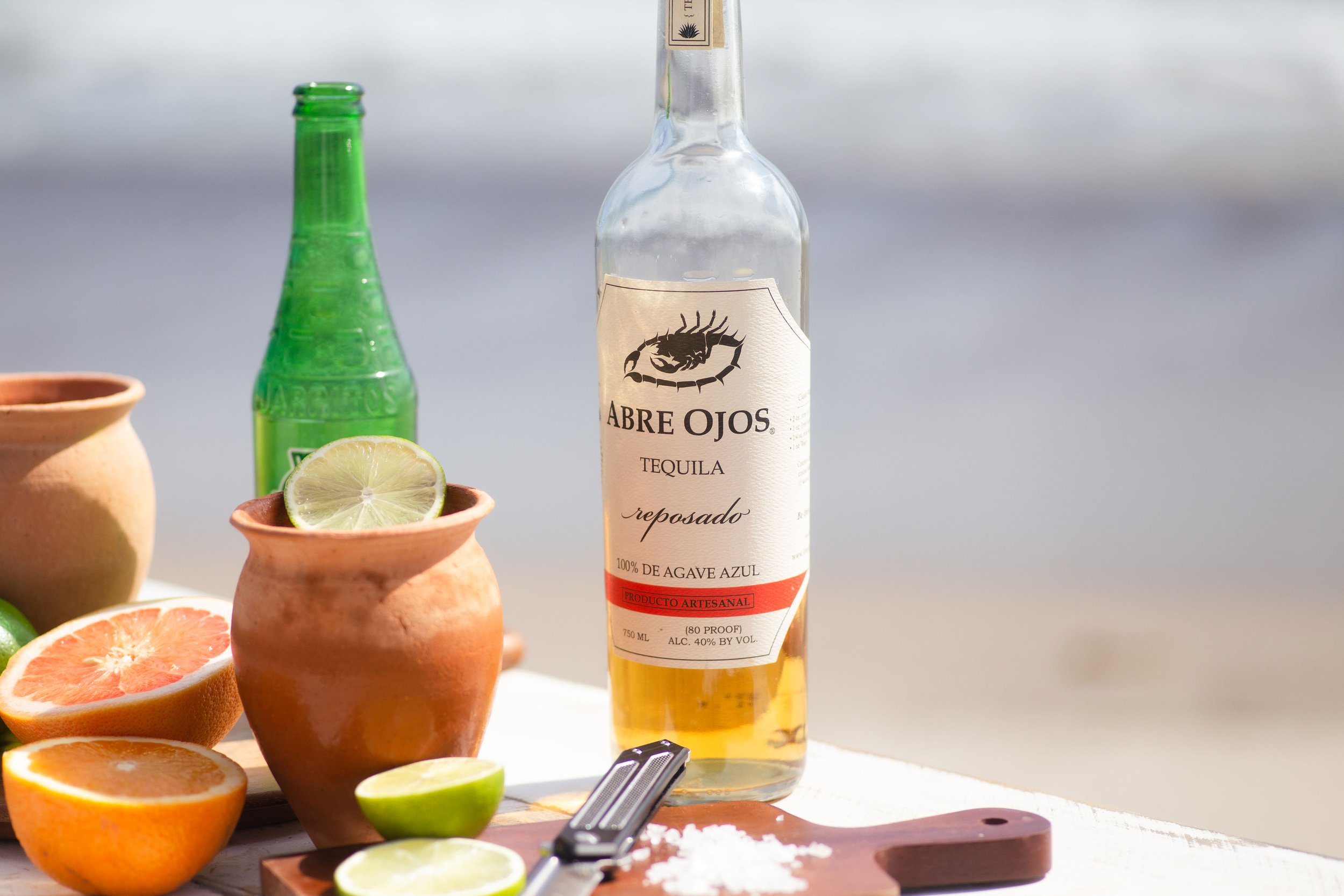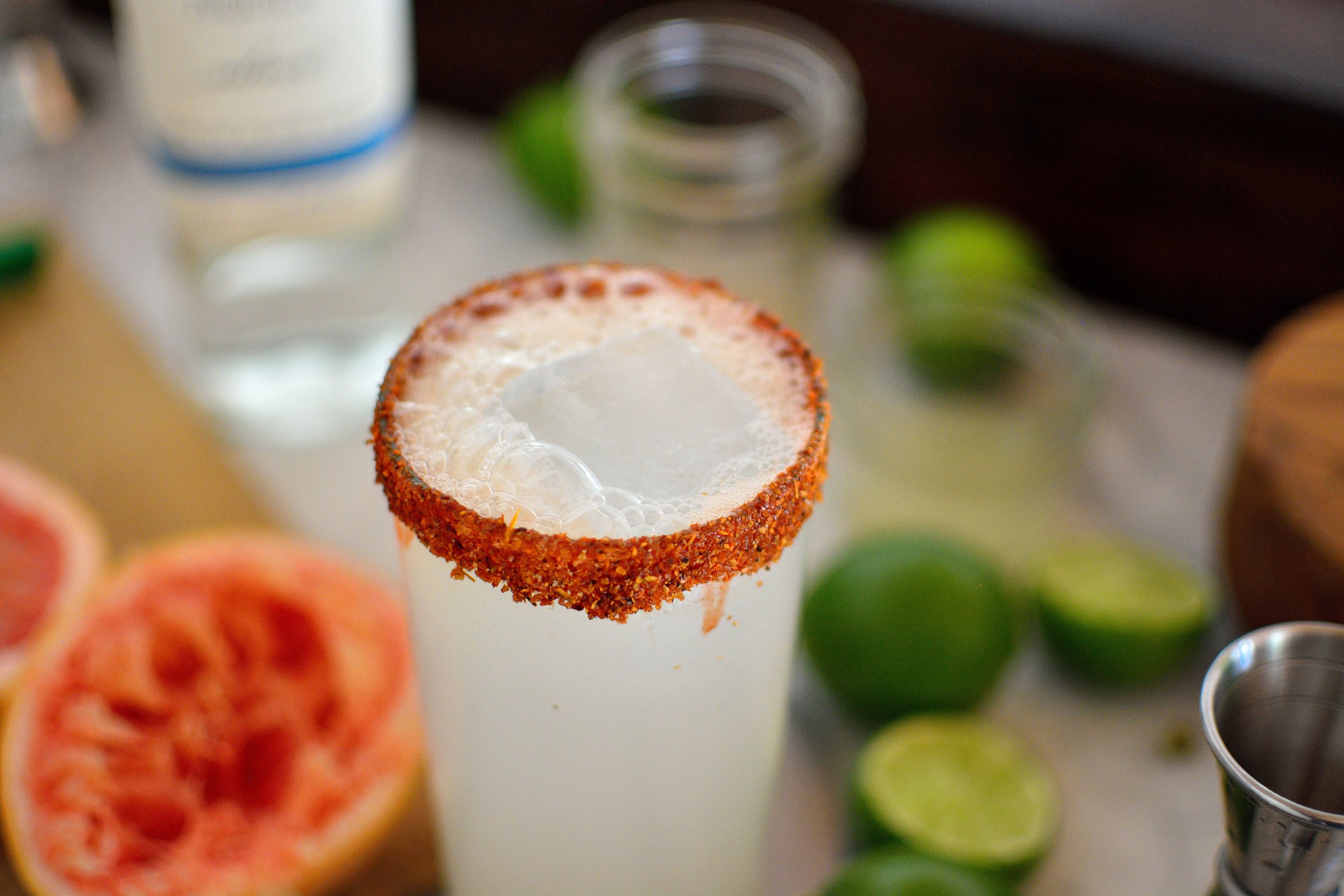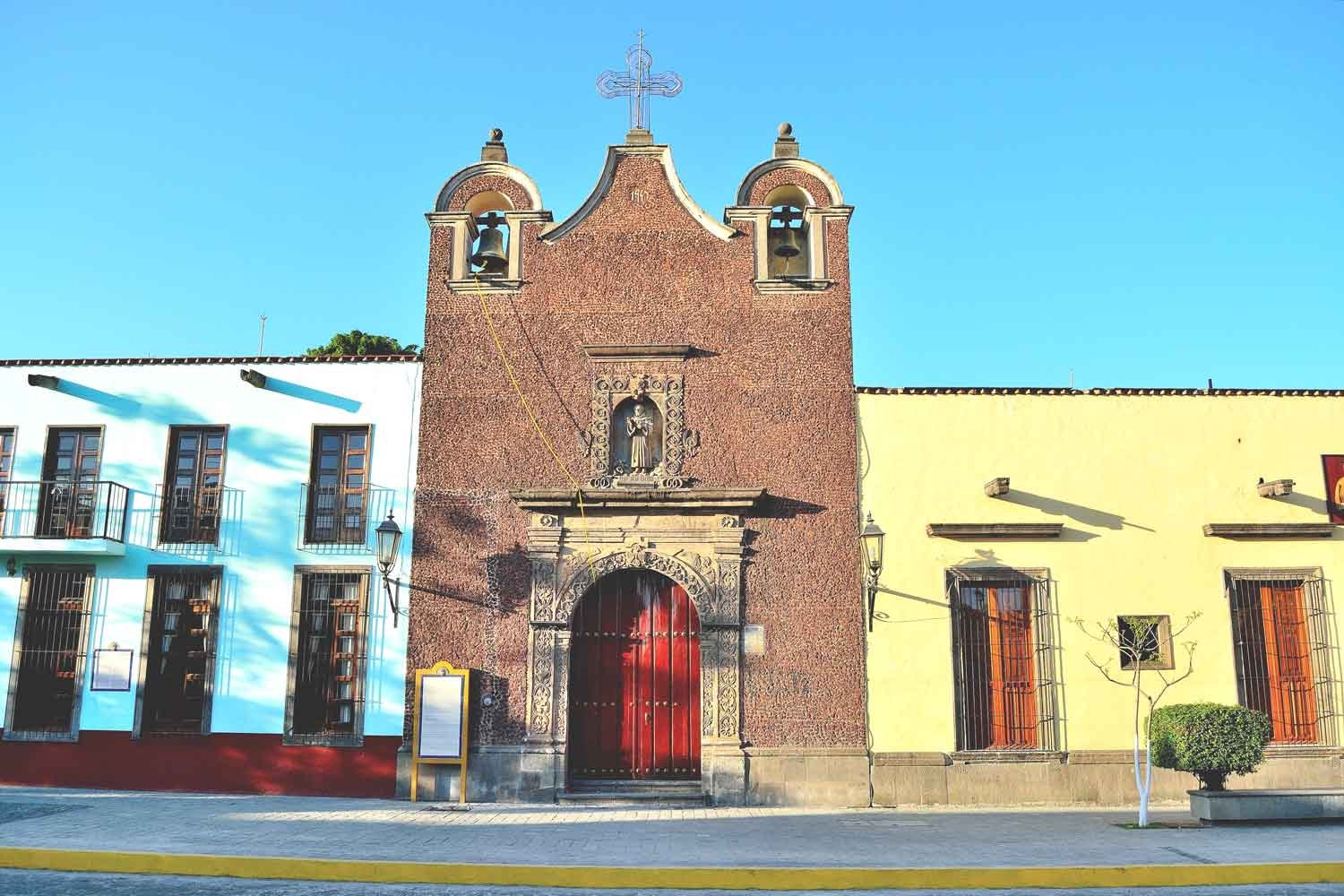
OPEN YOUR SPIRIT
MADE FOR SIPPING NOT FOR SHOTS
FEATURED PRODUCTS
Our intent was not to make a tequila for shots, but rather to be enjoyed by either sipping or in your favorite margarita recipe.
OUR TEQUILA
3 INGREDIENTS- AGAVE, WATER, YEAST
GREAT TEQUILA TAKES TIME TO MAKE
That is why we fully embrace slowing things down while enjoying our tequila.
ABRE OJOS TEQUILA BLANCO
$34.99
LOCATE
ABRE OJOS TEQUILA REPOSADO
$43.99
LOCATE
ABRE OJOS TEQUILA X DEFTONES AÑEJO
$79.99-100.00
LOCATE
ABRE OJOS TEQUILA X DEFTONES AÑEJO
LOCATE
FEATURED COCKTAILS
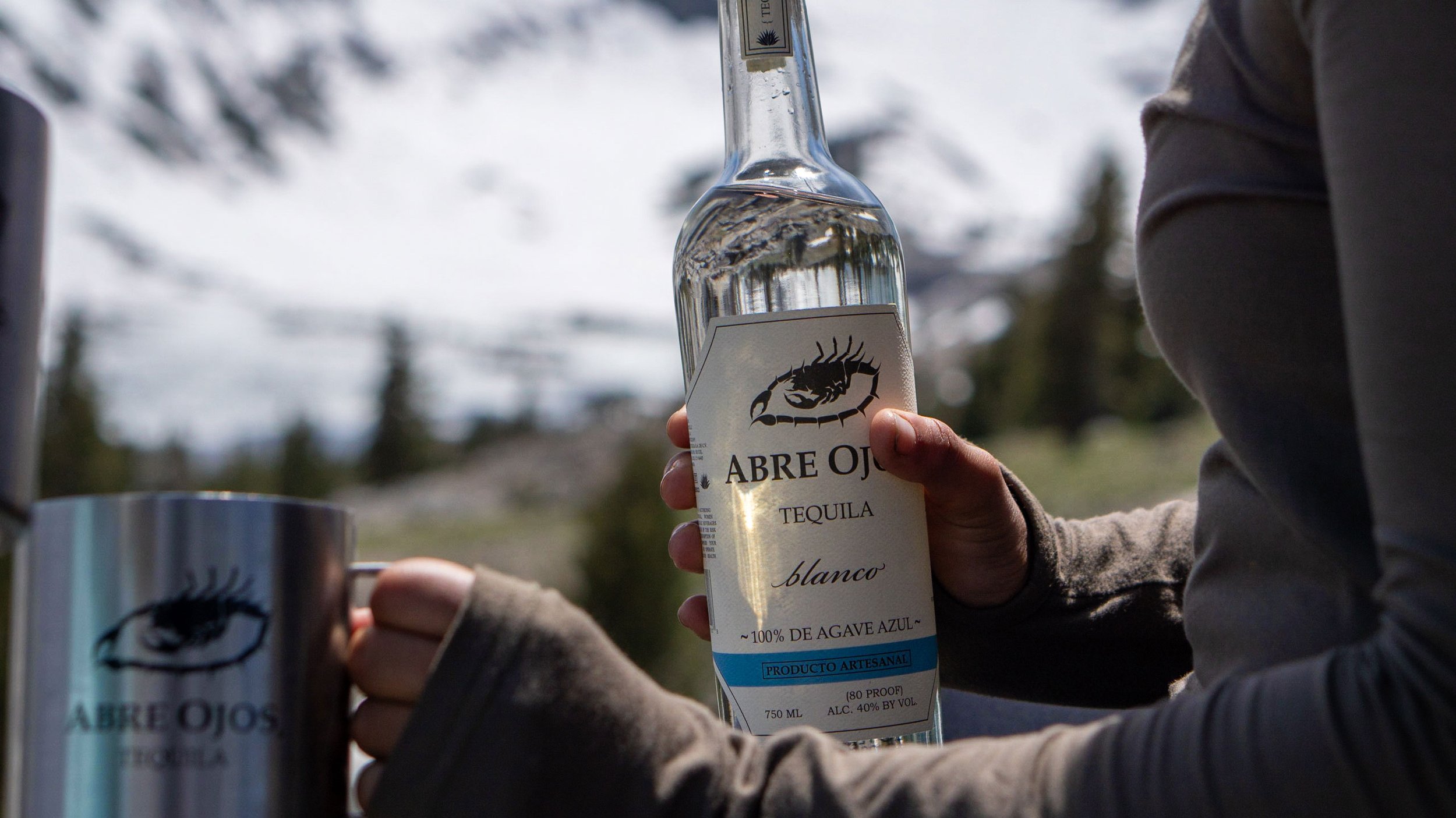
OUR TEQUILA
LOCATE
A tequila best for those moments that create memories.
JOIN THE EXPERIENCE
MADE FOR SIPPING, MADE FOR ENJOYING LIFE’S BEAUTIFUL MOMENTS AROUND US. FOLLOW ALONG WITH US ON SOCIAL FOR THE LATEST FROM ABRE OJOS® TEQUILA.
TEQUILA TO SIP.SHARE.EXPLORE
#LIVEABREOJOS

TEQUILA TO SIP.SHARE.ENJOY
FAQs
-
Agave is a succulent plant that belongs to the Asparagaceae family. It is native to Mexico and is known for its thick, fleshy leaves that store water. Agave plants come in various species and are commonly used in the production of alcoholic beverages, particularly tequila and mezcal.
The core of the agave plant, also known as the "piña" or "heart," is harvested and used to make tequila and mezcal. The piña is roasted, mashed, and fermented to convert the starches into sugars, which are then distilled to produce the final spirit.
Agave plants have been used for thousands of years by indigenous peoples in Mexico for their medicinal and culinary properties. They are also used in the production of sweeteners, fibers, and other products. Agave nectar, for example, is a popular natural sweetener derived from the sap of agave plants.
Agave plants are known for their unique and distinctive appearance, with thick, spiky leaves arranged in a rosette pattern. They are often used in landscaping and gardening for their ornamental value, as they can add a dramatic and desert-like aesthetic to gardens and landscapes. -
No, tequila is a protected designation of origin (PDO) spirit, which means it can only be produced in certain regions of Mexico as defined by Mexican law. According to the Tequila Regulatory Council (CRT), tequila can only be produced in five Mexican states: Jalisco, Guanajuato, Michoacán, Nayarit, and Tamaulipas. However, the majority of tequila production occurs in Jalisco, specifically in the municipality of Tequila and its surrounding areas.
The PDO designation is meant to protect the authenticity and quality of tequila, as it ensures that the spirit is made using agave plants grown in specific regions of Mexico, and follows strict production methods and regulations. Tequila produced outside of these designated regions or not meeting the requirements of the PDO cannot legally be labeled as "tequila."
It's important to note that other countries may produce agave-based spirits that are similar to tequila, but they cannot be labeled as "tequila" unless they are produced in Mexico and meet the criteria set forth by the Tequila Regulatory Council. -
Tequila and mezcal are both Mexican spirits made from agave plants, but they have some key differences in terms of production methods, regions of origin, and flavor profiles.
Production Methods: Tequila is made from blue agave plants (Agave tequilana) and is produced using a specific production process that involves steaming or baking the agave piñas (hearts) before fermentation and distillation. Mezcal, on the other hand, can be made from various species of agave plants (not limited to blue agave) and is produced using a traditional method that involves roasting the agave piñas in underground pits lined with lava rocks, which gives it a smoky flavor.
Regions of Origin: Tequila can only be produced in certain regions of Mexico, primarily in the state of Jalisco and some neighboring states, as defined by the Tequila Regulatory Council. Mezcal, on the other hand, can be produced in several states across Mexico, including Oaxaca, Guerrero, Durango, San Luis Potosi, Puebla, and Zacatecas, among others.
Flavor Profiles: Tequila is generally known for its cleaner and smoother flavor profile, with a range of flavors that can vary depending on the aging process (e.g., blanco, reposado, añejo). Mezcal, on the other hand, is often characterized by its distinct smoky flavor, which comes from the roasting of the agave piñas during production. Mezcal can also have a wider range of flavors due to the use of different agave species and production methods, resulting in a more complex and diverse flavor profile.
In summary, while both tequila and mezcal are agave-based spirits from Mexico, they have different production methods, regions of origin, and flavor profiles that make them unique and distinct from each other. -
No, the price of tequila does not necessarily determine its quality or taste. While some higher-priced tequilas may be made from premium agave and aged longer, resulting in a more refined and complex flavor profile, there are also many affordable tequilas that are of excellent quality and offer enjoyable taste experiences.
The quality of tequila can be influenced by various factors, including the agave used, the production methods, the aging process (if any), and the expertise of the distiller. Expensive tequilas may offer unique characteristics and flavors, but there are also affordable options that can provide enjoyable taste experiences.
It's important to remember that taste preferences are subjective, and what may be considered "good" or "high-quality" tequila to one person may not be the same for another. It's always recommended to try different tequilas at various price points to find the ones that best suit your personal preferences and budget. Reading reviews, seeking recommendations from trusted sources, and conducting tastings can also be helpful in identifying tequilas that offer good quality and value, regardless of their price point. -
Contrary to popular belief, tequila does not typically contain a worm in the bottle. The idea of a worm in tequila is actually a misconception that originated from some marketing gimmicks in the past.
The "worm" is not a worm at all, but rather the larval stage of the Hypopta agavis moth, which can infest the agave plant. However, the presence of the "worm" in tequila is quite rare and not a common practice in the tequila production process. In fact, it is strictly regulated by the Tequila Regulatory Council in Mexico, which sets strict quality standards for tequila production.
Today, you are unlikely to find a worm in a bottle of genuine tequila produced by reputable brands. It's important to note that the presence of a worm in a bottle of tequila does not necessarily indicate the quality or authenticity of the tequila. It is simply a marketing gimmick used in some cases for novelty or promotional purposes. When purchasing tequila, it's always recommended to look for reputable brands and check the label to ensure it meets the regulatory requirements for tequila production.
